People are reporting that wearing masks make them feel less anxious and more confident
For as long as she can remember, Betsy O’Donnell, a Delray Beach, Florida-based UX designer, has lived with social anxiety. As a child, this usually manifested as a fear of using public bathrooms and talking to other kids. Now 31, O’Donnell goes to therapy and takes medication to manage her anxiety but she still experiences unpleasant pangs of stress before giving presentations at work or when meeting new people.
But this spring while waiting in line to check out at the grocery store, O’Donnell noticed she suddenly wasn’t fixating on what to do with her hands, whether she was unintentionally scowling at a stranger, or if she was being judged from afar. The inner monologue of potential stressors was quieted simply because she, like other shoppers, was wearing a face mask. “I feel more myself,” O’Donnell says. “I definitely don’t smile as much to be polite, which is very nice, and I don’t get [self] conscious about my ‘resting bitch face.’”
Mandated in most states, facial coverings have become part of the daily wardrobe and an essential tool, supported by scientific evidence, in slowing the spread of Covid-19. But for some people with social anxiety, face masks can also be a veil of anonymity, offering a temporary reprieve from the unease of interacting with others. A Polish study published in May examined the psychological and behavioral responses to mask-wearing and found that masking resulted in lower levels of anxiety and “might reinforce people’s sense of personal control and… mitigate helplessness and moderate anxiety,” the study’s authors wrote. The presence of a bit of fabric obscuring the face could potentially improve mental well-being, they suggested.
“People with social anxiety have an unhealthy, and not very rational, level of self-consciousness where they think people are paying inordinate amounts of attention to them and judging them for whatever they’re doing,” says Vaile Wright, PhD, the senior director of health care innovation at the American Psychological Association. “To have that removed has the potential to put people at ease.”
At the root of social anxiety is a persistent fear of being judged by others: Being criticized for what you’re wearing, how you’re eating, what you’ve said. In ancient societies, avoiding judgment within tribes and communities was paramount to survival, says Debra Kissen, PhD, a therapist and the CEO of Light On Anxiety CBT Treatment Center in Illinois. “In prehistoric times, if somebody judged you [or] didn’t like you, they would kick you out of the tribe, and then you’d be left alone and be eaten by lions,” Kissen says. The brain, therefore, considers social risks as potentially life-threatening.
These days being judged is hardly a death sentence, but the sensitivity to social rejection remains. In order to avoid the negative feelings associated with social activities — as well as the physical manifestations, like blushing, sweating, trembling, and feeling nauseous — people with social anxiety commonly avoid public situations altogether, from ditching parties to turning down public speaking opportunities.
But when your face is shielded by a mask, rendering your expressions, mannerisms, and even identity insignificant, everyday social tasks become exponentially less anxiety-inducing. For Ren, a former casino worker in Las Vegas who asked that his last name not be used, a source of his anxiety stems from the fear of making what he considers socially inappropriate glares, glances, and grimaces. The mask, Ren says, is an effective barrier, concealing his face from outside scrutiny. “You don’t walk past somebody and spend half an hour worrying that you made a face at someone,” the 29-year-old says.
Particularly for people who struggle with the physical aspects of social anxiety, like blushing or scowling, shrouding your face renders the fear of being judged moot. “If no one can notice these physiological experiences that are manifested on my face,” says Kevin Chapman, PhD, a therapist and founder of the Kentucky Center for Anxiety and Related Disorders, “I’m going to be less anxious by default.”
When your face is shielded by a mask, rendering your expressions, mannerisms, and even identity insignificant, everyday social tasks become exponentially less anxiety-inducing.
Molly Leigh, a 22-year-old illustrator from York, U.K., says she spent significant energy worrying about whether she was perceived as polite when talking to others and if she looked presentable. “I’ve always been accustomed to being stared at when I leave the house,” Leigh says. “When I was younger it was because I was with my identical twin sister, and [now that] I’m older it’s because I dress alternatively and have piercings and all the other stuff that people love to stare at for some reason, so this really bred a strong paranoia in me.” With a facial covering, this self-imposed pressure to be “perfect” has vanished: She’s just another masked face in the crowd, exactly like everyone else.
Divorcing your identity from your thoughts and actions can be particularly liberating. A 2011 study found that anonymity can reduce anxiety and encourage higher levels of honesty and self-disclosure. Alternately, anonymity can also inspire unsavory pursuits like aggression and verbal abuse, which is well-documented in online communities rife with anonymous users. However, IRL social invisibility can be a similar experience to anonymous online behavior, Wright says. Both masked people with social anxiety and anonymous social media users “feel less on display and they’re less concerned they’re going to get judged or embarrassed in some way,” she says, which can result in a boost of confidence.
Face masks, however, are a temporary solution to a chronic condition. While it may be some time before facial coverings are no longer the norm, eventually society will confront each other bare-faced. When that time comes, those who have used masks as a means for preventing anxiety could experience heightened stress without it, Chapman says. “Ultimately, it’s like taking an aspirin for a headache,” he says. “If you take an aspirin for a headache does it get rid of your headache? The answer is yes. But the question is does it get rid of future headaches? The answer is no.”
Masks can be a part of a larger treatment plan — like challenging unhealthy thoughts that drive anxious behaviors and exposure to anxiety-inducing situations, Wright says. It’s like a security blanket worn while working on deeper issues. Those with face mask–alleviated social anxiety can also compare their anxiety levels sans mask to how they feel while masking, Kissen says. “Pay attention to what that feeling is like, to be around other people and not be anxious about being seen,” Kissen says. “You can play around with it a little bit, and replicate those feelings without a mask” when the time comes.
Mike F., a CAD designer in Toronto, is utilizing mask mandates to practice mindfulness and breathing techniques. On his first trip to the grocery store after months in quarantine, Mike, who struggles with agoraphobia, felt his anxiety rising. “As I took some deep breaths to calm myself, the different feel of breathing with the mask along with the sensation of it moving on my face helped me focus and get back to that mindful breathing more easily,” the 40-year-old says.
Whenever it’s safe to congregate without masks, Mike says he hopes he’ll have enough practice under his belt to keep his breathing steady during social situations. More than anything though, he’ll be relieved that the pandemic is over.
“Pre-Covid, I would have been incredibly uncomfortable wearing a mask in public, especially if I was the only one or felt like I might be singled out or noticed because of it,” he says. “Now, I have no issues doing it and feel good that I’m doing my part to help.”
Source : Medium



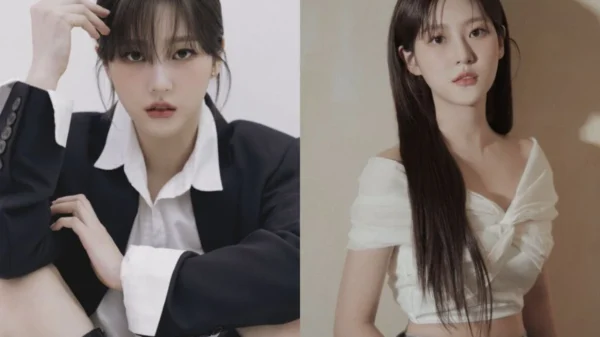

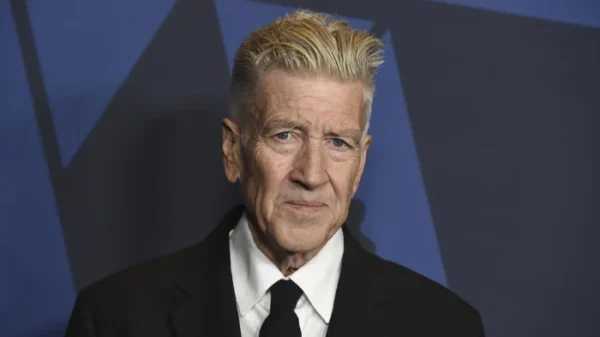

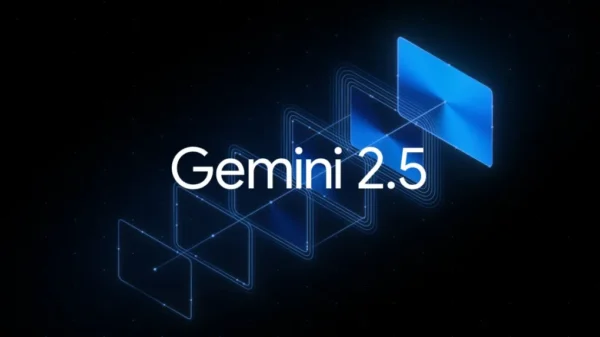

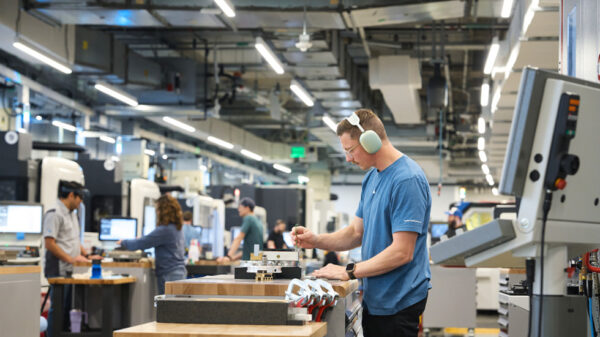
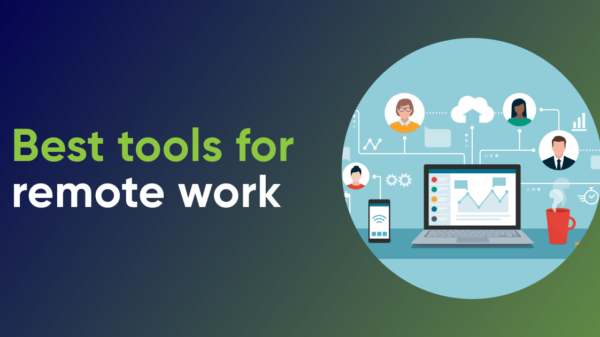




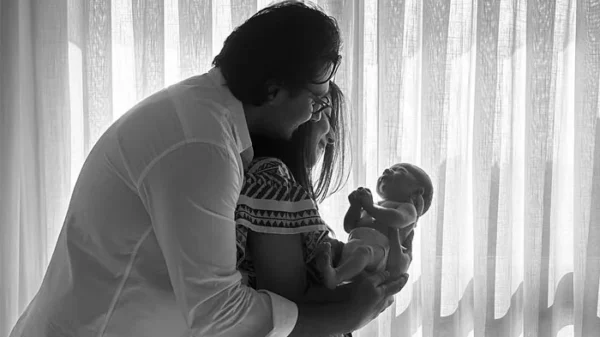


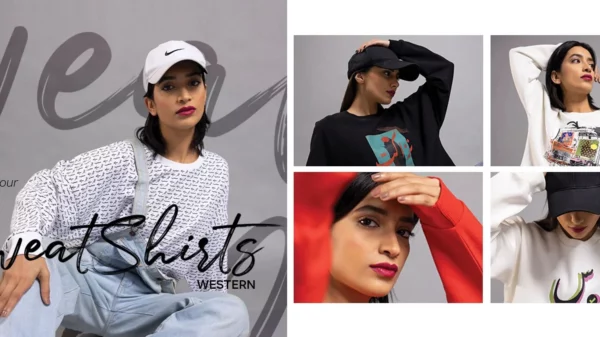

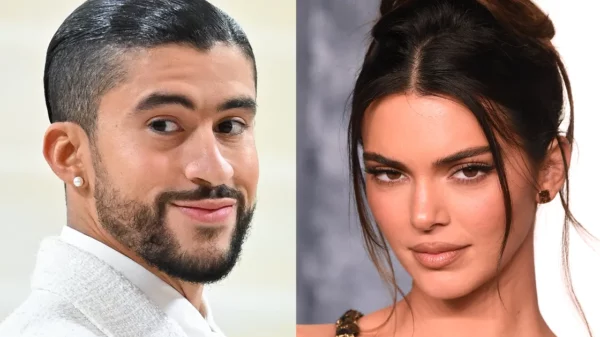
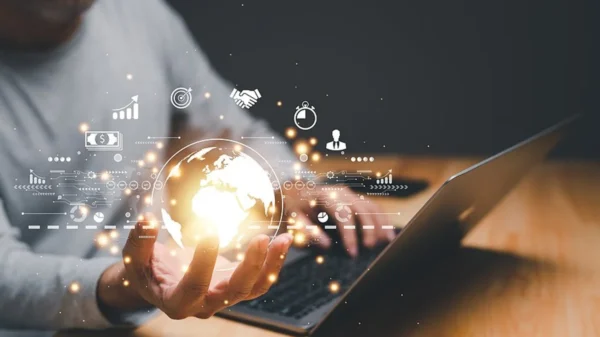
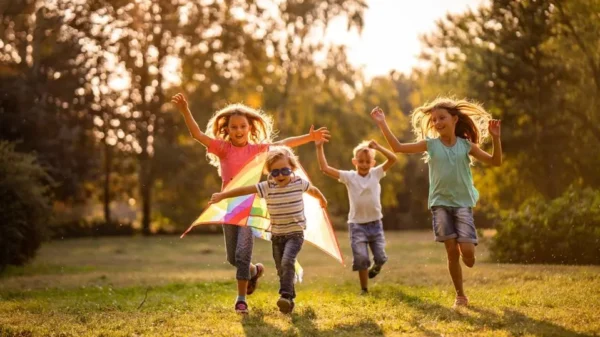

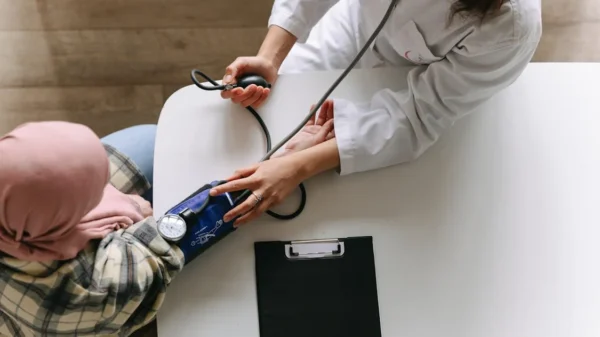
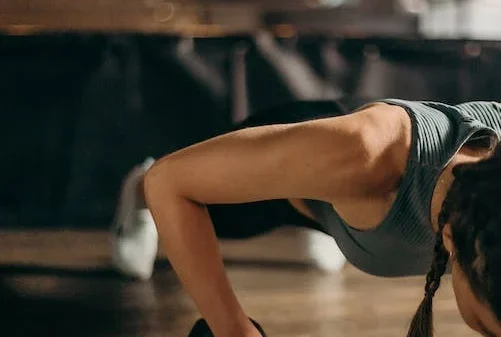
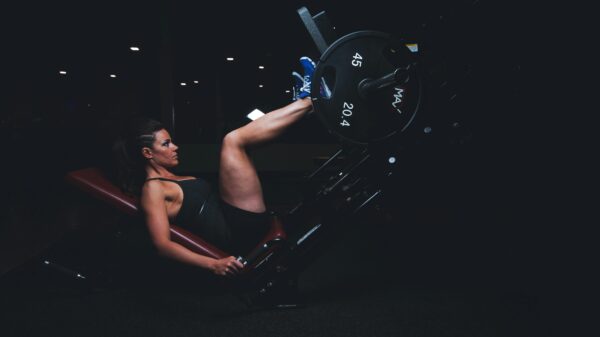


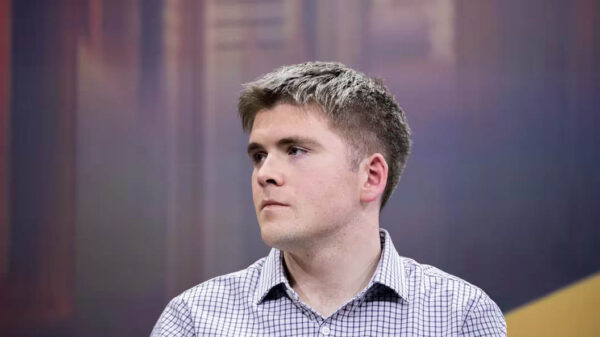
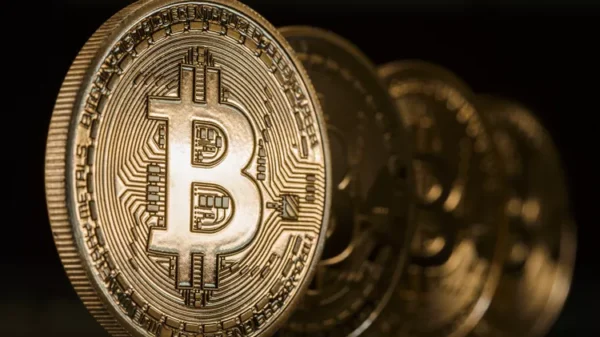
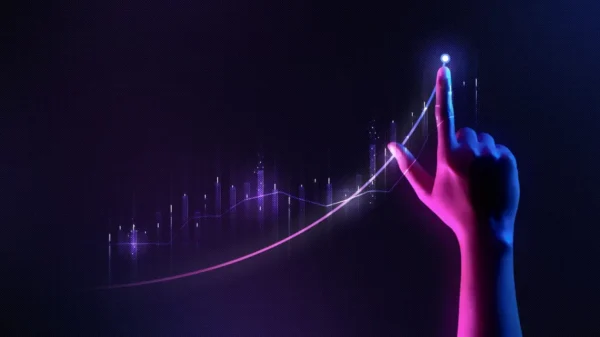
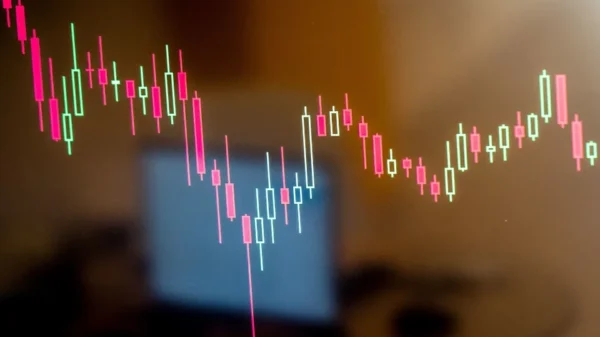
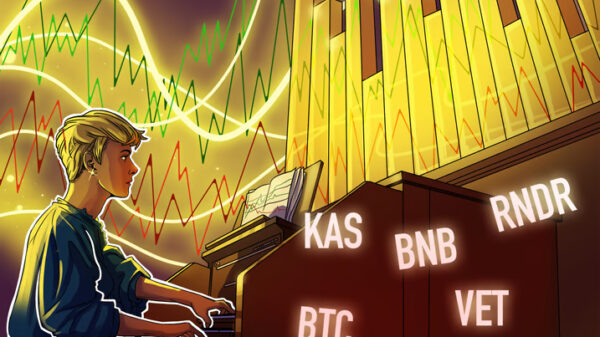

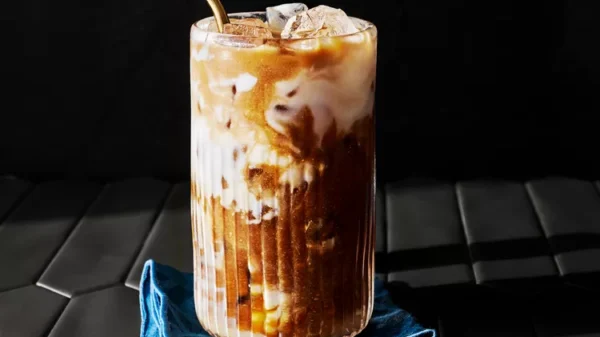
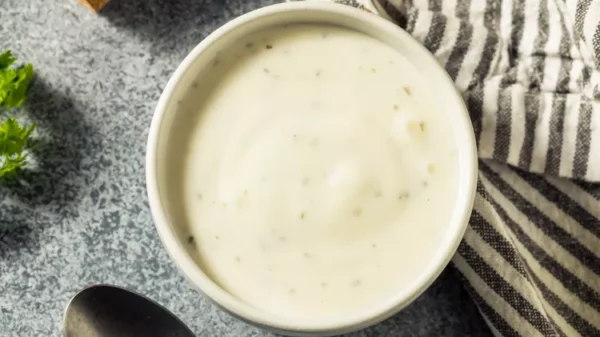

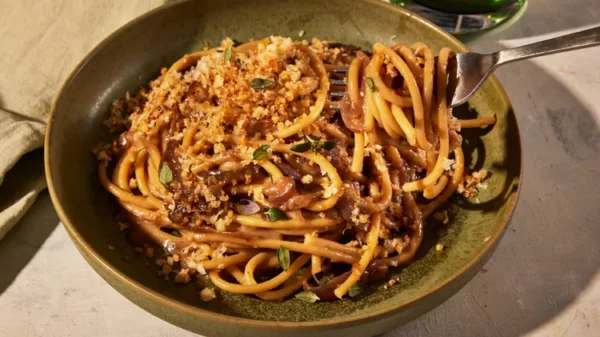





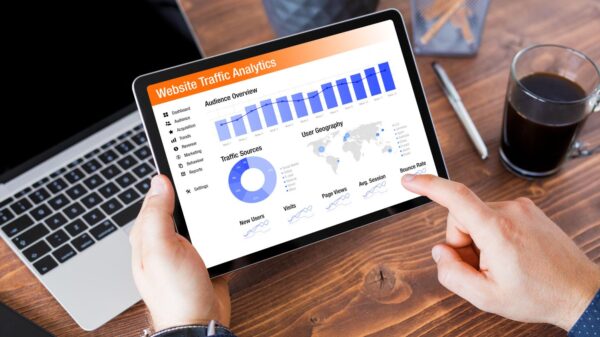
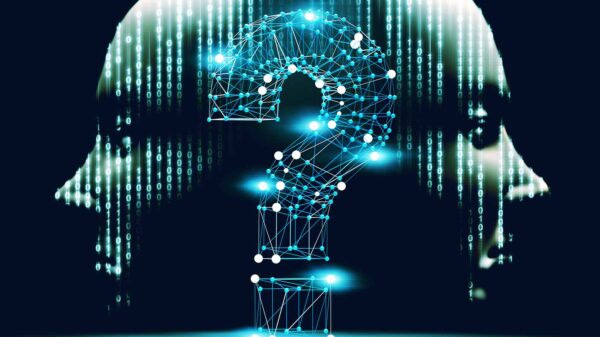
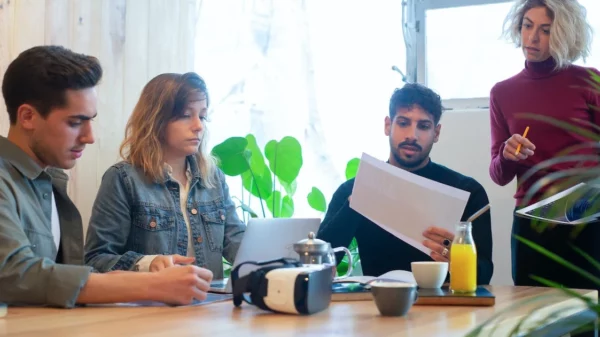
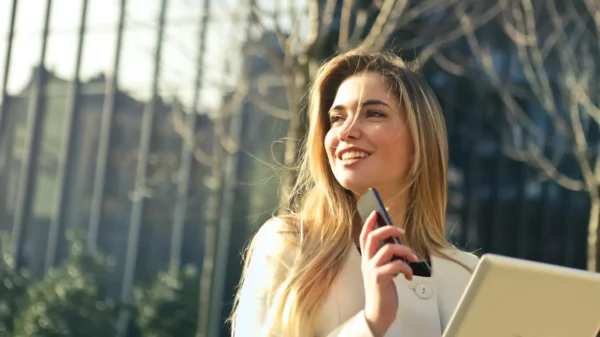
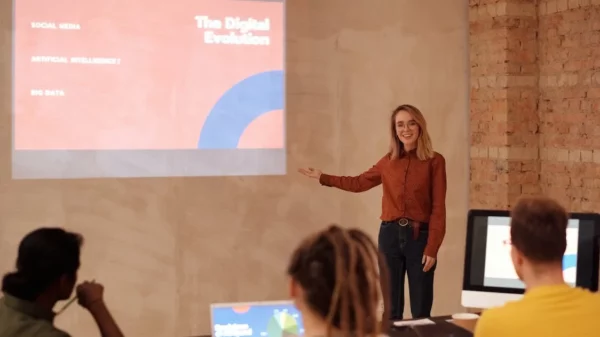
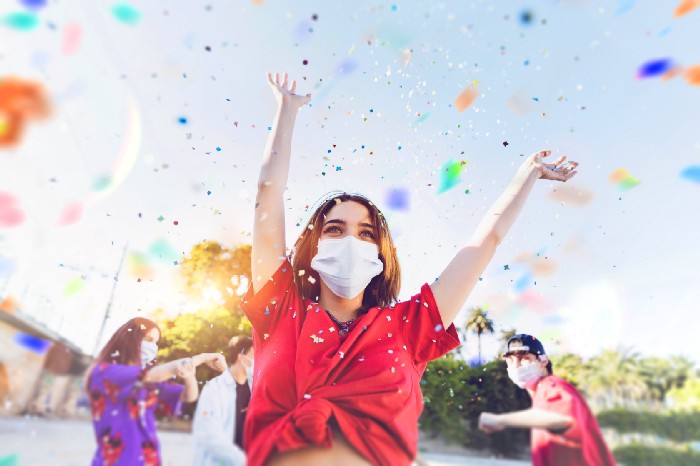




You must be logged in to post a comment Login